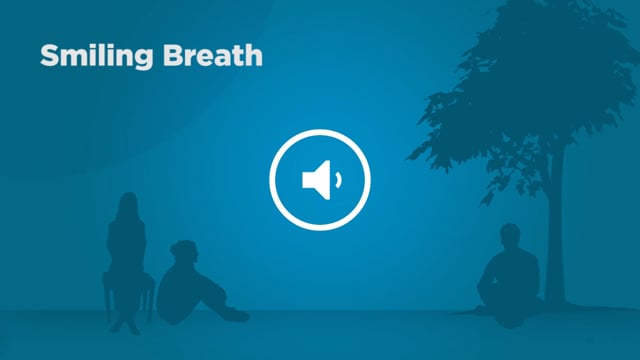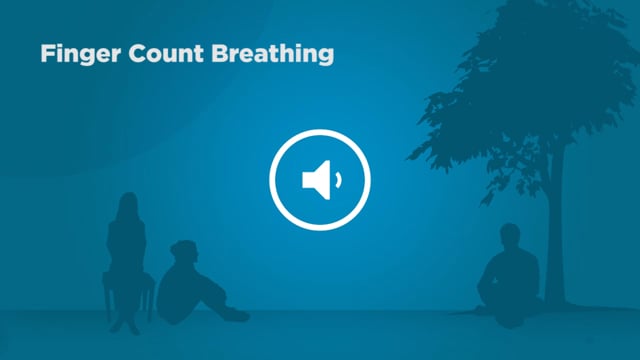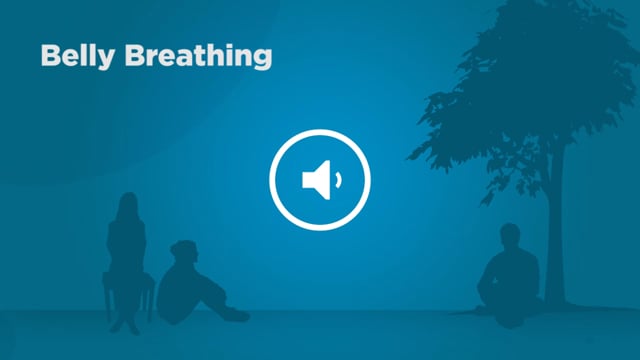Test Anxiety
Test anxiety is that nervous feeling you may get when you’re about to take a test. It's normal to feel some pressure before an exam, and a little stress can actually help you focus and do better.
But for some people, the worries are so strong that they can’t concentrate and don’t do as well they'd like.
Test anxiety is a type of performance anxiety — a feeling you have when how you do really matters to you. You might have performance anxiety when trying out for the school play or getting ready for a big game.
The good news is that you can lessen test anxiety, but first it’s helpful to understand what it is and why it happens.
What Happens With Test Anxiety?
When you're under stress (like right before a test), your body releases a hormone called adrenaline, which prepares it for danger. This is the "fight or flight" reaction. It’s what causes symptoms like sweating, a pounding heart, and fast breathing.
Test anxiety can also cause you to feel "butterflies" in your stomach, or have a stomachache or headache. You might be shaky, or feel like you might throw up or pass out.
You may feel stressed by how your body reacts: "Oh no, my hands are shaking.” And you might worry about doing poorly or forgetting what you studied.
The more you focus on the negative things that could happen, the stronger the feeling of anxiety becomes. This makes you feel worse and can make you more likely to do poorly on the test.
Who's Likely to Have Test Anxiety?
People who worry a lot or are perfectionists are more likely to have test anxiety. It can be hard for them to accept mistakes they might make or get anything less than a perfect score.
Students who aren't prepared for tests but care about doing well are also likely to have test anxiety. If you know you're not ready, you may worry about doing poorly. You might feel unprepared because you didn’t study enough, the material’s tough to understand, or you’re tired from not getting enough sleep.
How Can I Overcome Test Anxiety?
There are lots of ways to stress less over tests:
- Start studying the day the teacher first says there will be an exam. That way you won’t be cramming at the last minute.
- Schedule study time. Put it in your calendar or set an alarm on your phone to remind you.
- Focus on smaller chunks of material during study sessions so they’re easier to handle.
- Ask someone in the class if you can study together to keep you on track.
- Try breathing exercises to relax.
- Remind yourself that you don’t have to get a perfect score on every test. Everyone slips up, so keep mistakes in perspective. Think of them as chances to learn for the next time.
What If I Need Help With Test Anxiety?
If your test anxiety is too hard to handle alone, talk with a parent, teacher, or school counselor. They can help you learn ways to beat it. They may suggest that you visit a therapist, who also can help.
Test anxiety won't go away overnight. But dealing with it can help you handle stress better — even when you’re not taking exams.
-

Smiling Breath
This breathing exercise can help you lift stress or switch from a difficult mood to a more positive one.
-

Finger Count Breathing
Finger count breathing is a good way to slow down and hit your internal “pause” button.
-

Belly Breathing
When we’re relaxed, air naturally flows deeper into our lungs. Practicing belly breathing can help you create these feelings of relaxation and calm.
